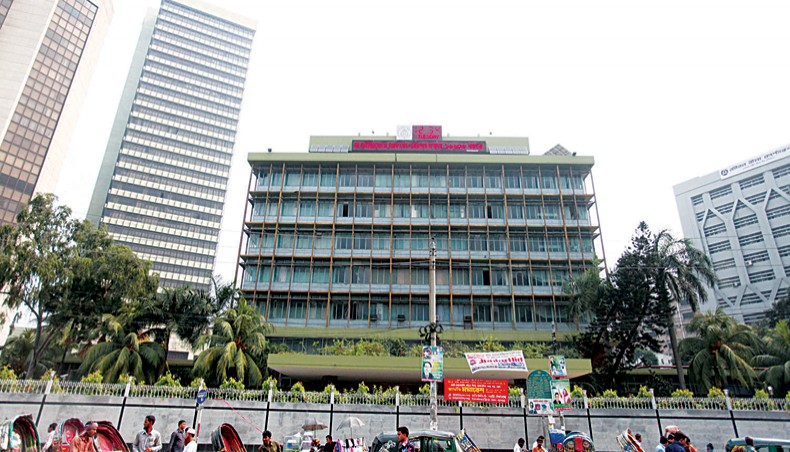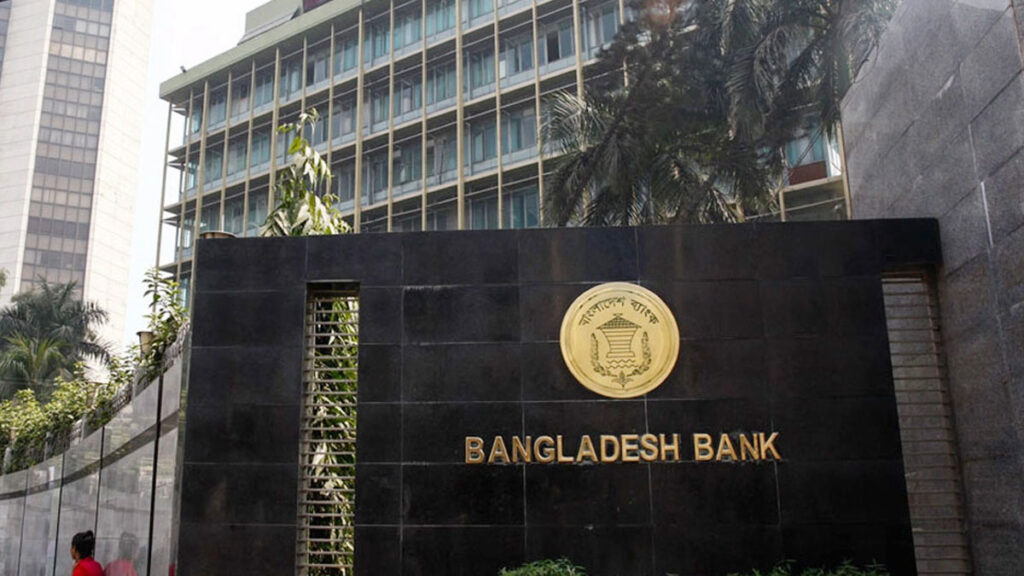
The non-performing loans in the banking sector soared by Tk 25,000 crore in 2023, allegedly due to the central bank’s lenient approach towards defaulters.
According to Bangladesh Bank data released on Monday, defaulted loans surged to Tk 1,45,633 crore at the end of December 2023 from Tk 1,20,656 crore at the end of December 2022 and Tk 1,03,273 crore in the same period in 2021.
Despite promises from the government and the central bank to take measures to reduce default loans, bankers said that the situation was deteriorating.
Of the total default loan, Tk 1,26,782 crore, or 87 per cent turned into bad loans, which the central bank feared were not recoverable.
Experts have expressed grave concern over the unstoppable surge in default loans, warning of devastating impacts on both the banking sector and the economy.
They argue that most of these default loans were willfully taken, backed by the political, financial, and lobbying power of the borrowers.
The Bangladesh Bank has been criticised for its failure to rein in default loans and for not playing its regulatory role in addressing the massive irregularities in the sector.
The defaulted loans, however, dropped by Tk 13,740 crore to Tk 1,45,633 crore in the October-December quarter from Tk 1,55,397 crore in the July-September quarter of 2023.
The NPL hit a record high of Tk 1,56,039 crore in June 2023.
The total loan disbursed was Tk 16,17,688 crore at the end of December 2023, and 9 per cent of them were classified.
The executive director of the Policy Research Institute of Bangladesh, Ahsan H Mansur, doubted banks’ ability to free them from the pressure of bad loans anytime soon, citing the absence of disciplinary measures taken against errant defaulters.
He said that the trend of default loans was likely to continue rising because the Bangladesh Bank had not undertaken significant initiatives to curb the growth of non-performing loans (NPLs).
He insisted that, if calculated properly, the default loans could be of massive size.
The economist emphasised that the NPL situation could improve if the government implemented substantial reforms in the banking sector.
He said that the government’s move to merge weaker banks was a potentially positive step, provided it was executed effectively.
Mansur, however, cautioned that the central bank needed to identify the underlying causes of bank failures and address them to ensure good governance in the financial market. Without such actions, he believes, the current banking crisis will persist.
Mansur also called for legal action against defaulters who have absconded abroad with public funds, stating that they should be prosecuted criminally.
At the end of December, the total amount of defaulted loans in private commercial banks had reached Tk 70,981 crore.
In December, the volume of such loans in state-owned commercial banks increased to Tk 65,781 crore.
The amounts in foreign commercial banks and specialised banks soared to Tk 3,200 crore and Tk 5,669 crore, respectively, in December.
In 2020 and 2021, the borrowers enjoyed relaxed repayment terms due to the Covid pandemic, including a one-year moratorium.
The volume of defaulted loans was high at the end of December 2020, though banks were barred from downgrading loans against the repayment of only 15 per cent of dues.
Experts attribute the increase in defaulted loans to the relaxation of repayment terms during the Covid pandemic, alongside the country’s deteriorating economic situation.
Bankers predict that the volume of defaulted loans will increase further with the existing regulatory approach and the tendency of borrowers to avoid repayments.
Financial analysts suggest that if written-off loans, rescheduled loans, and loans remaining unrecovered due to court proceedings are considered, the volume of default loans will be much higher.
The large amount of defaulted loans has put pressure on banks’ liquidity and profitability, as most of their income comes from interest on performing loans.
Zahid Hussain, a former lead economist of the World Bank’s Dhaka office, remarked that despite the availability of various facilities, default loans increased by around 20 per cent in a year.
He said that the NPL situation might improve in the October-December quarter due to the balance sheet clearing pressure on banks in December and election-centric loan rescheduling.
Zahid emphasised the need for effective and specific steps to curb NPL in the country’s financial sector, highlighting the importance of addressing the root causes of default and implementing measures to ensure sustainable lending practices.
New Age

